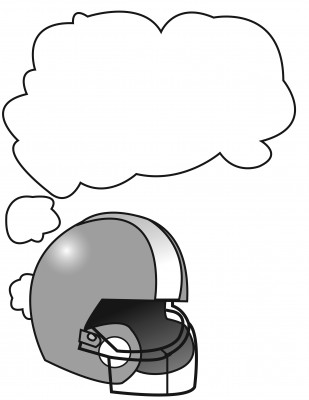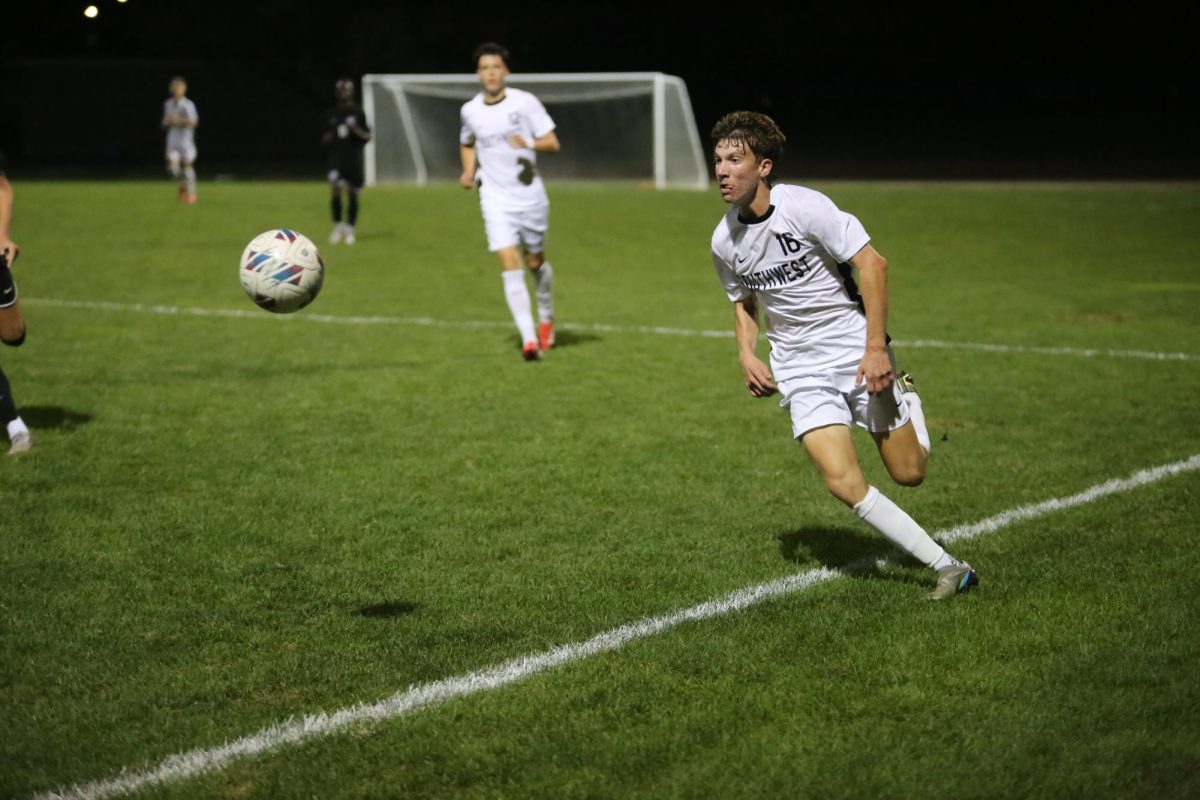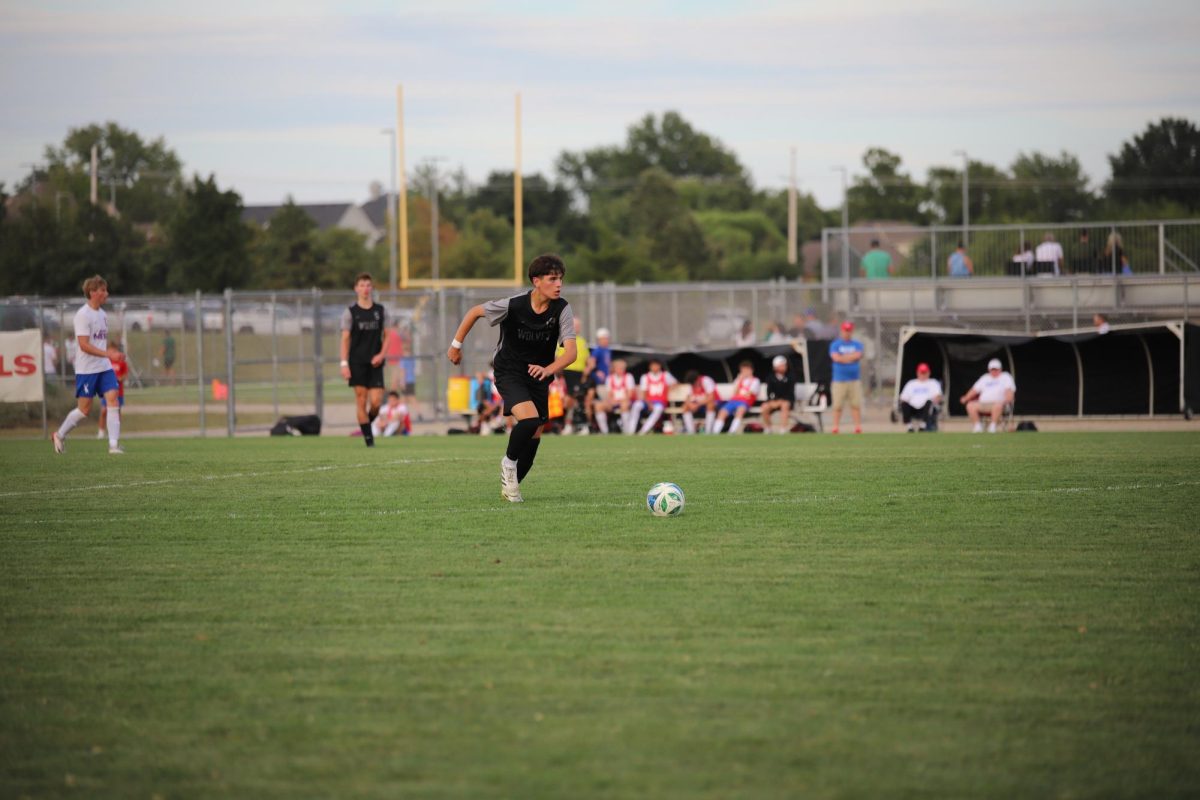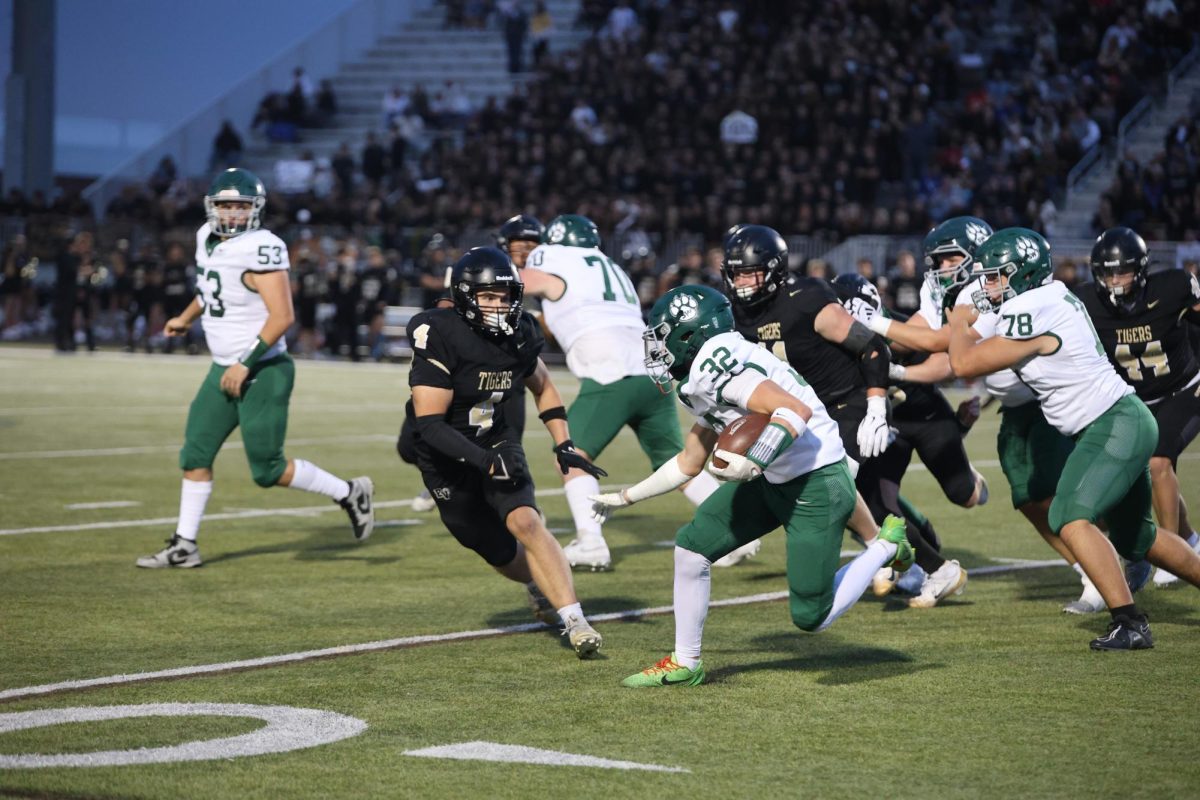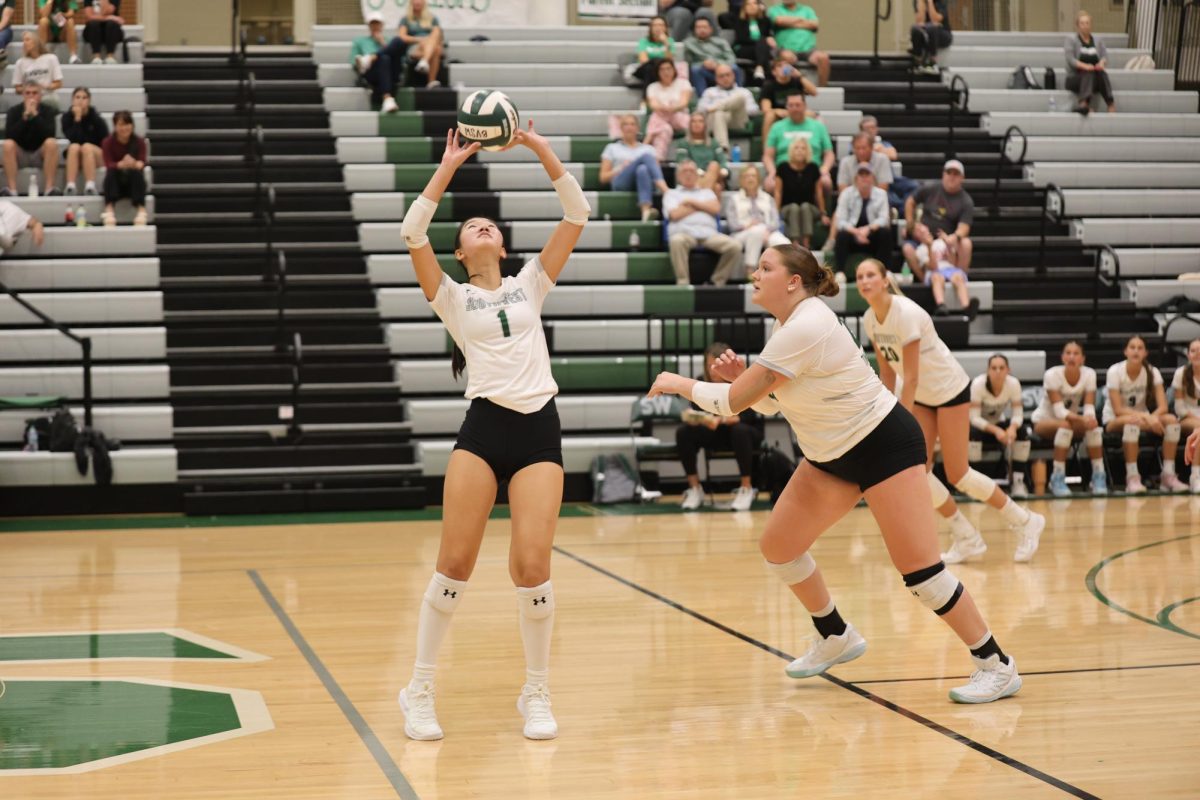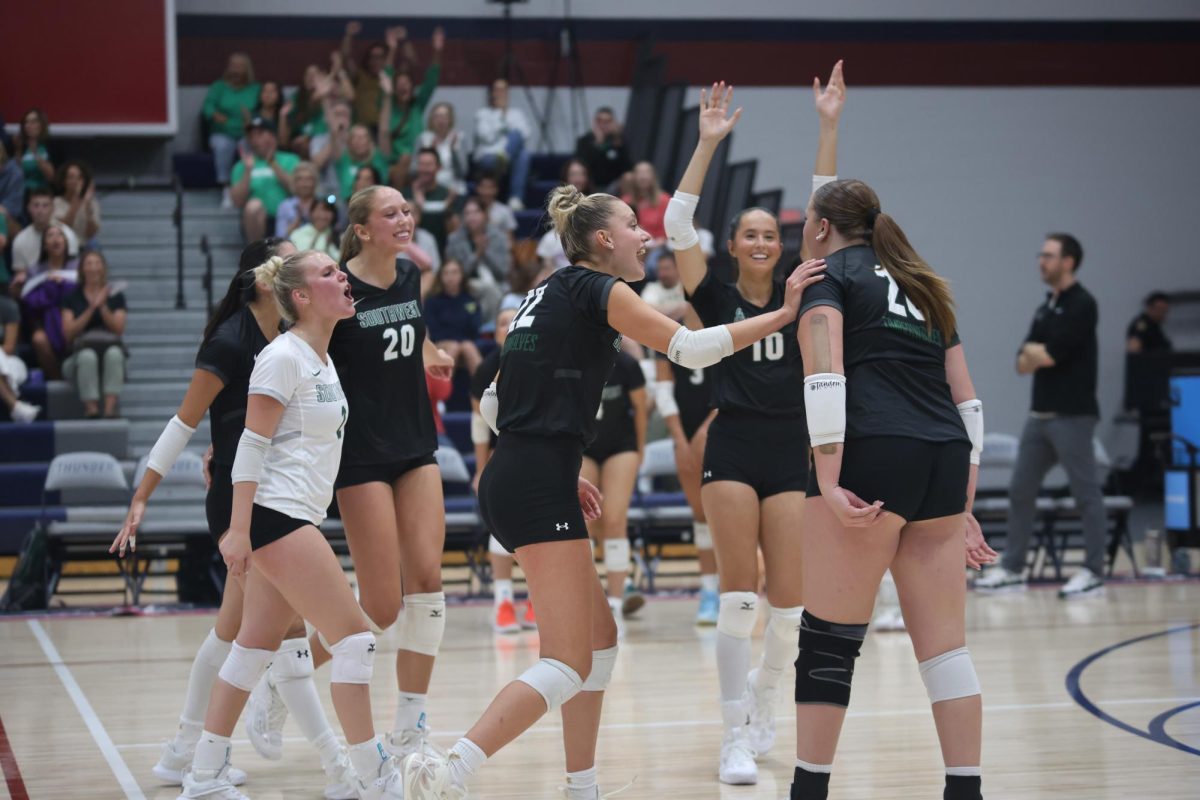A lot of players make their sport a huge part of their lives.
“I think about it 80 percent of the time,” sophomore Jack Mcclelland said. “I’m always going over mistakes and what I should have done in my mind.”
When thinking about something nonstop it’s natural for anxiety to arise once in awhile. If players are frustrated about a mistake they keep making during practice or are nervous about the game that night, taking a few minutes to “center” and feel positive about themselves could be the solution.
“Centering is bringing yourself to a place where you’re calm yet excited and focused. You don’t want any extremes, find a place where you’re in balance,” wrestling coach Cody Parks said.
To do this, a player should first find a quiet place to sit or lie down and start a breathing exercise. Then take deep, slow breaths through the nose and exhale through the mouth. Athletes should try to copy the way they would breathe when about to fall asleep, which tricks the body and calms the nervous system. After a while of maintaining a steady pace, an individual can start thinking about one word or phrase like “steady,” or “you can do this,” while he or she is focusing. It should only take 15 seconds to feel the effect, but players can use this exercise for whatever duration they feel is necessary to reduce tension and anxiety. Being anxious on the field or during a meet can distract the player and according to the United States Sports Academy can worsen performance, lead to dropout, and make it more difficult to recover from an injury.
Almost any dedicated player can recall having a dream about his or hers sport, but what most don’t know is that it can actually improve performance in real life. In a study performed by the Human Kinetics Journals individuals were asked to toss coins into a coffee cup from two meters away, the subjects that practiced the action while in a lucid dreaming state did significantly better than the participants who didn’t. Players can use this to their advantage even when awake by visualizing.
“Visualization is the key,” Parks said, “If you can’t visualize what you want to accomplish than you cannot expect to be able to perform it physically.”
So if players don’t visualize then learning or perfecting a technique could take much longer than necessary. Also imagining the process gives players an easy way to know where they are and what they need to improve on; if you can’ visualize yourself doing it then you probably can’t yet.
To do this, athletes should once again find a nice, quiet place where they can be alone and relax. Then, players close their eyes and start imagining the process that they’re having trouble with in real life. At first, even visualizations can depict failure, but it’s okay to force success into the picture; it is the imagination after all.
“You need to visualize the perfect dive, hitting the ball perfectly, the perfect pass,” school psychologist Cathy Kerr said.
Once satisfied, a player should go out and physically do what they had been struggling with before and see if they notice any changes.
Reward
After a win or successful practice session, it’s perfectly acceptable for students to give themselves a little prize to promote further success.
“Reward yourself with something you like to do: having pizza or just hanging out with your friends,” Kerr said.
The point is to exaggerate the positive feelings that the player received after that success so that they’ll strive to earn them again.
“It’s half physical and half mental,” freshman Jessica Bitteker said.
If rewards are ignored, then there would be no incentive to keep improving. Though be careful not to pick a reward that could ruin past progress. If a player has been trying to cut down on soda for their sport then decides to drink it all week as a reward, it doesn’t take a genius to know that his or her performance will suffer. It’s also a good idea to celebrate as a team after a big win, even if that’s just talking about what everybody did right.
“Our [cross country] coach does pep talks, encourages us,” Bitteker said, “and even though it’s an individual sport we come together as a family.”
Parks raises morale by maintaining a positive relationship with players. That way he knows when they’re down and what’s not normal for them. With positive reinforcement like that it becomes easier to talk about frustrations instead of holding them in and producing anxiety, thereby jeopardizing performance.


